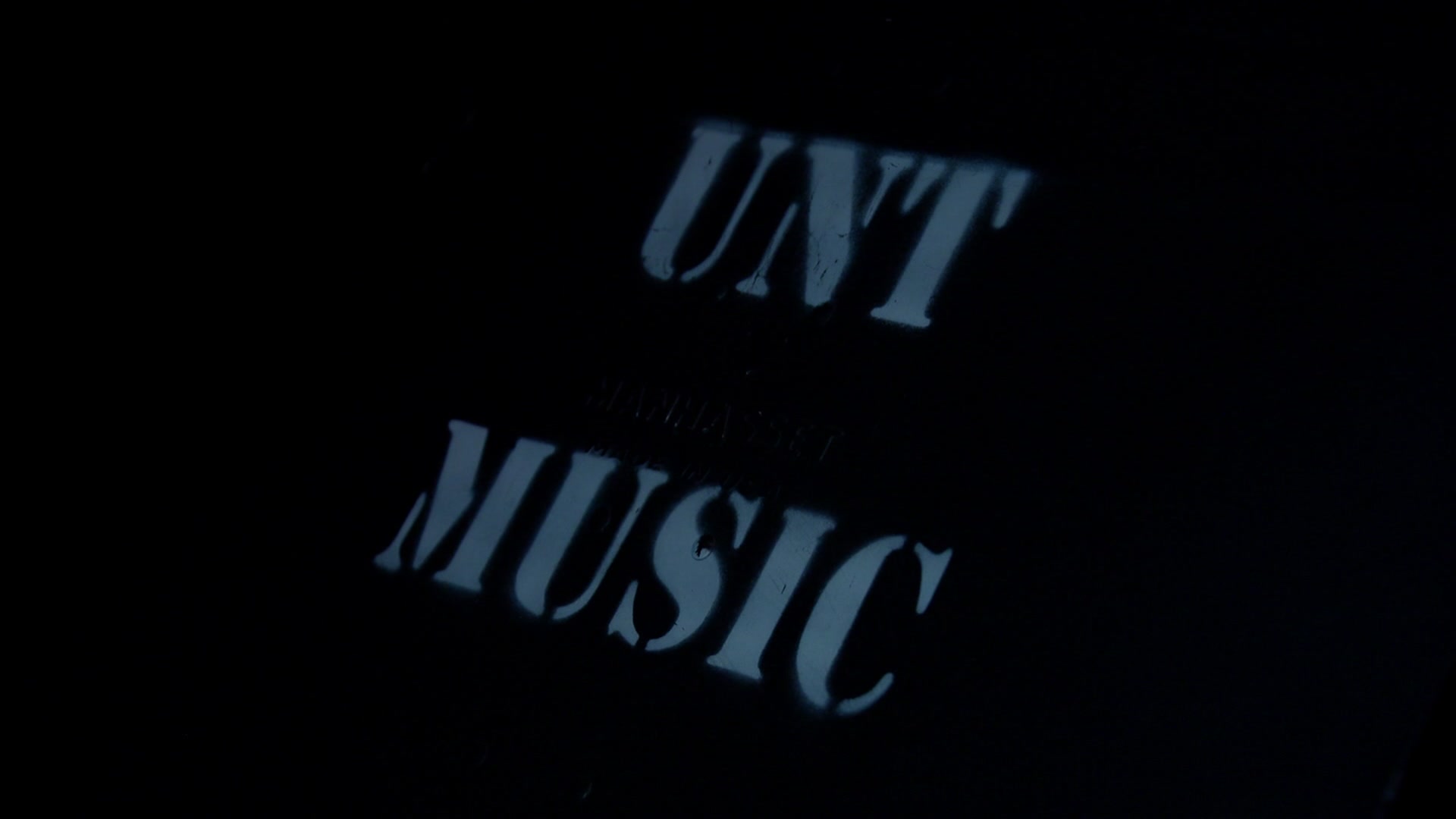With the Dallas Mavericks' season-opening game still a month away, the basketball team's outspoken owner, Mark Cuban, will be seeing a different kind of court this week.
The government's insider-trading case against Cuban goes to trial Monday in federal court in Dallas. Cuban is expected to testify, and experts say the verdict could come down to whether jurors find the billionaire and regular on the ABC reality show "Shark Tank" to be likable or smug.
Cuban is accused of using insider information to dump his stock in a small Internet-search company in 2004 just before the shares fell in value. He avoided $750,000 in losses. The Securities and Exchange Commission wants Cuban to give up the money and pay a civil penalty.
The SEC's key piece of evidence is a phone call between Cuban and the CEO of Mamma.com. According to the SEC, the CEO told Cuban he had confidential information to share and Cuban agreed to keep it to himself. When the CEO said the company planned an offering of new stock, the SEC alleges, Cuban became angry because the offering would reduce the value of his 600,000 shares -- and there was nothing he could do about it.
"Well now I'm screwed. I can't sell," Cuban said, according to the SEC.
But over the following two days, that's exactly what Cuban did, unloading his shares before the company publicly announced the stock offering.
Cuban disputes the SEC's version of the facts, and his lawyers argue that insider-trading laws didn't prohibit him from selling his shares.
Local
The latest news from around North Texas.
U.S. District Judge Sidney Fitzwater agreed and dismissed the lawsuit in 2009, but his ruling was overturned by an appeals court, which sent the case back to Fitzwater for trial.
James Meyers, a former enforcement attorney at the SEC now in private practice in Washington, said that insider-trading cases are hard to prove because they rely on circumstantial evidence -- a phone call, a stock trade, and a presumed link between the two -- and because some jurors don't believe there's anything wrong with insider trading.
Cuban is expected to testify.
"A lot of it will come down to how Cuban comes across," Meyers said. He said that if he were Cuban's lawyer, "I would tell him to come across as humble and affable and not as master of the universe."
Sports Illustrated listed Cuban among the 50 most powerful people in sports. He's known for building the Mavericks into a winner and drawing at least $1.5 million in league fines, mostly for berating referees.
When the SEC sued Cuban in 2008, he went after the regulators. He accused SEC staff of bias -- targeting him because of his political views and wealth. The SEC's inspector general, a government watchdog, said staffers made inappropriate comments about Cuban, but judged that their conduct didn't affect handling of the case.
James Cox, a law professor at Duke University who specializes in securities law, predicted that the SEC will win and said that Cuban should have settled. The stakes are high for the SEC too, he said. If the agency loses at trial, it might hesitate before filing the next insider-trading lawsuit.
The SEC has some recent victories, including an August verdict against a former Goldman Sachs trader for misleading investors in a huge deal involving risky mortgage-backed securities. But the agency could use a high-profile win in Dallas. The regulator has taken years of pounding for failing to uncover Bernard Madoff's massive investment fraud or bring charges against any top executives of Wall Street banks whose conduct contributed to the 2008 financial crisis.



